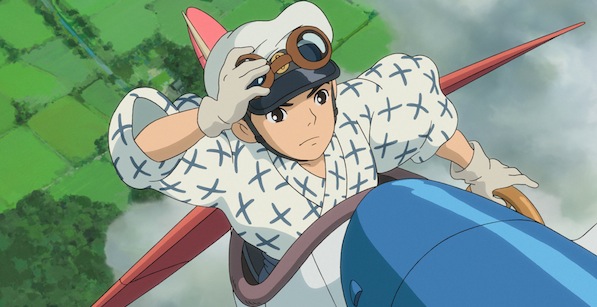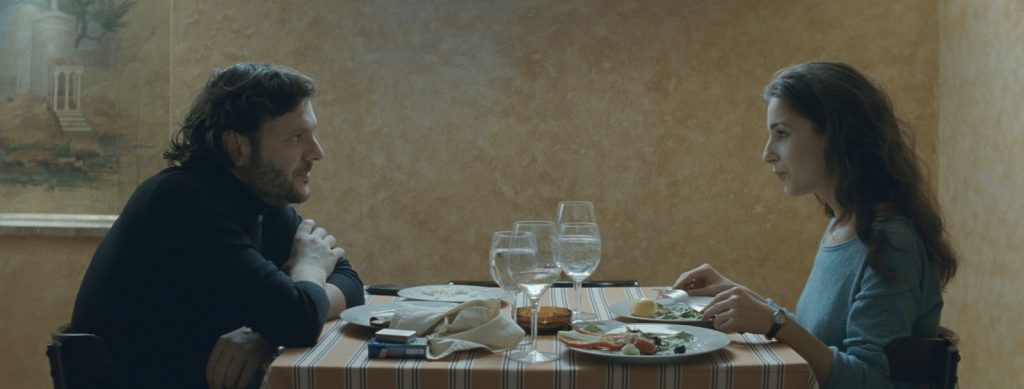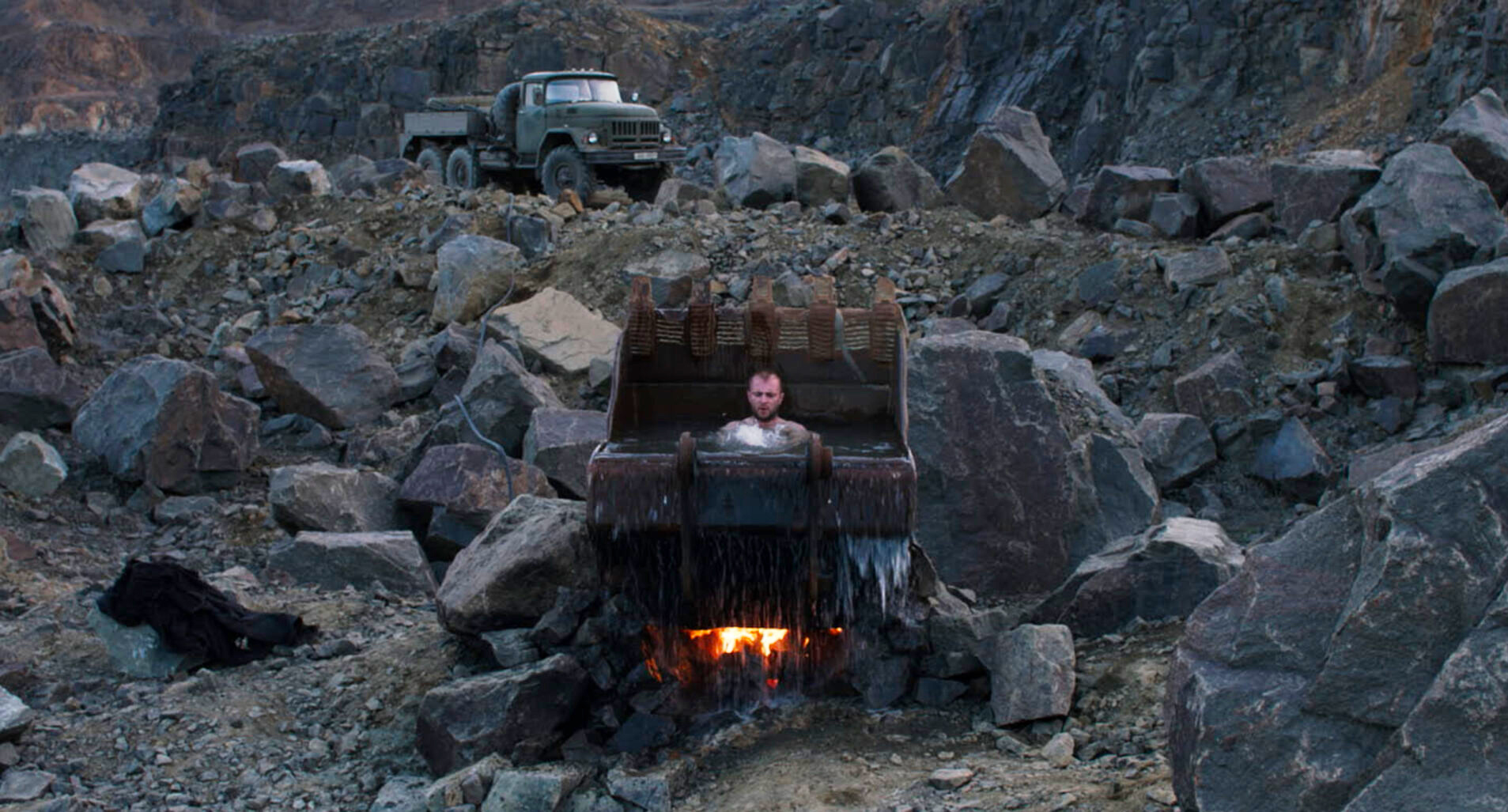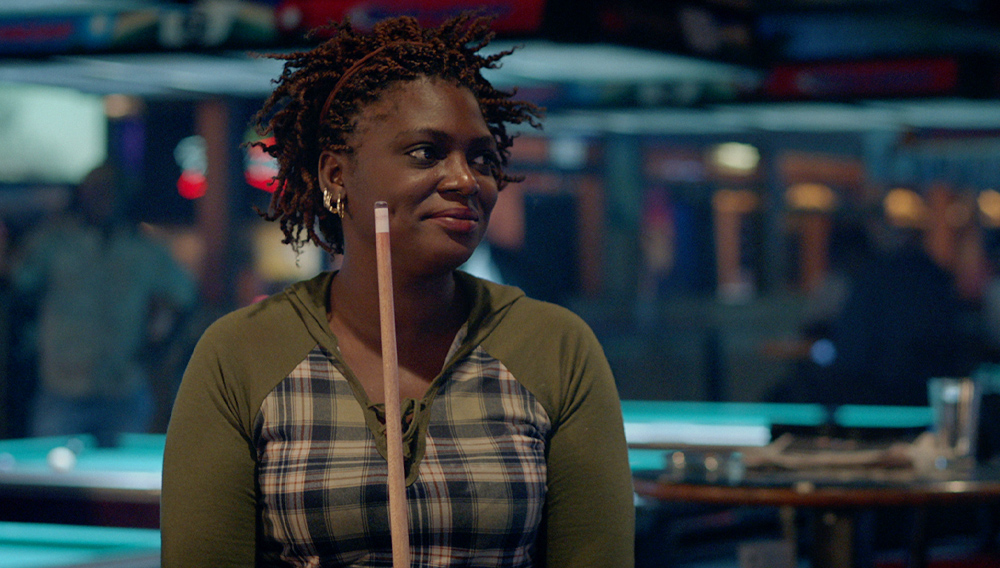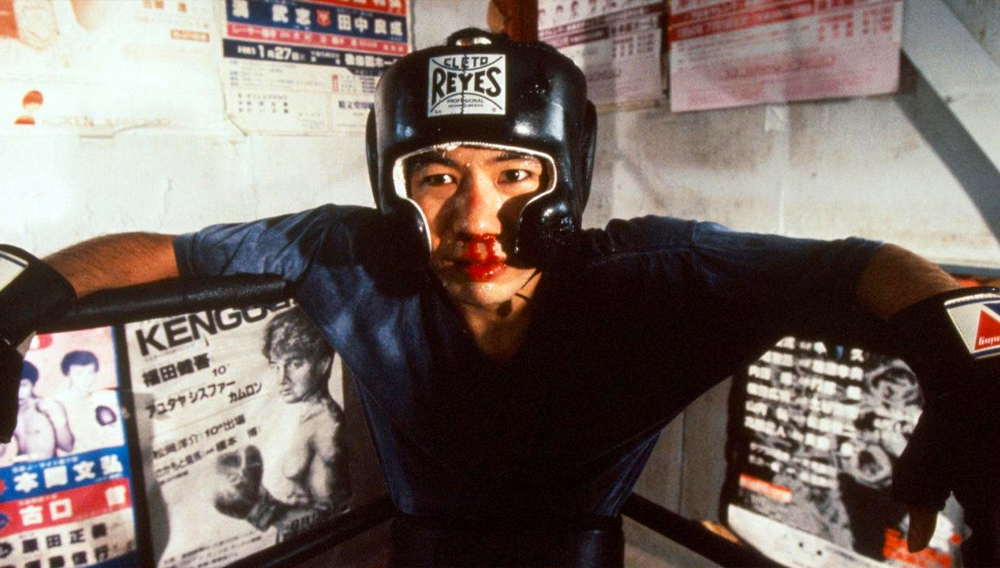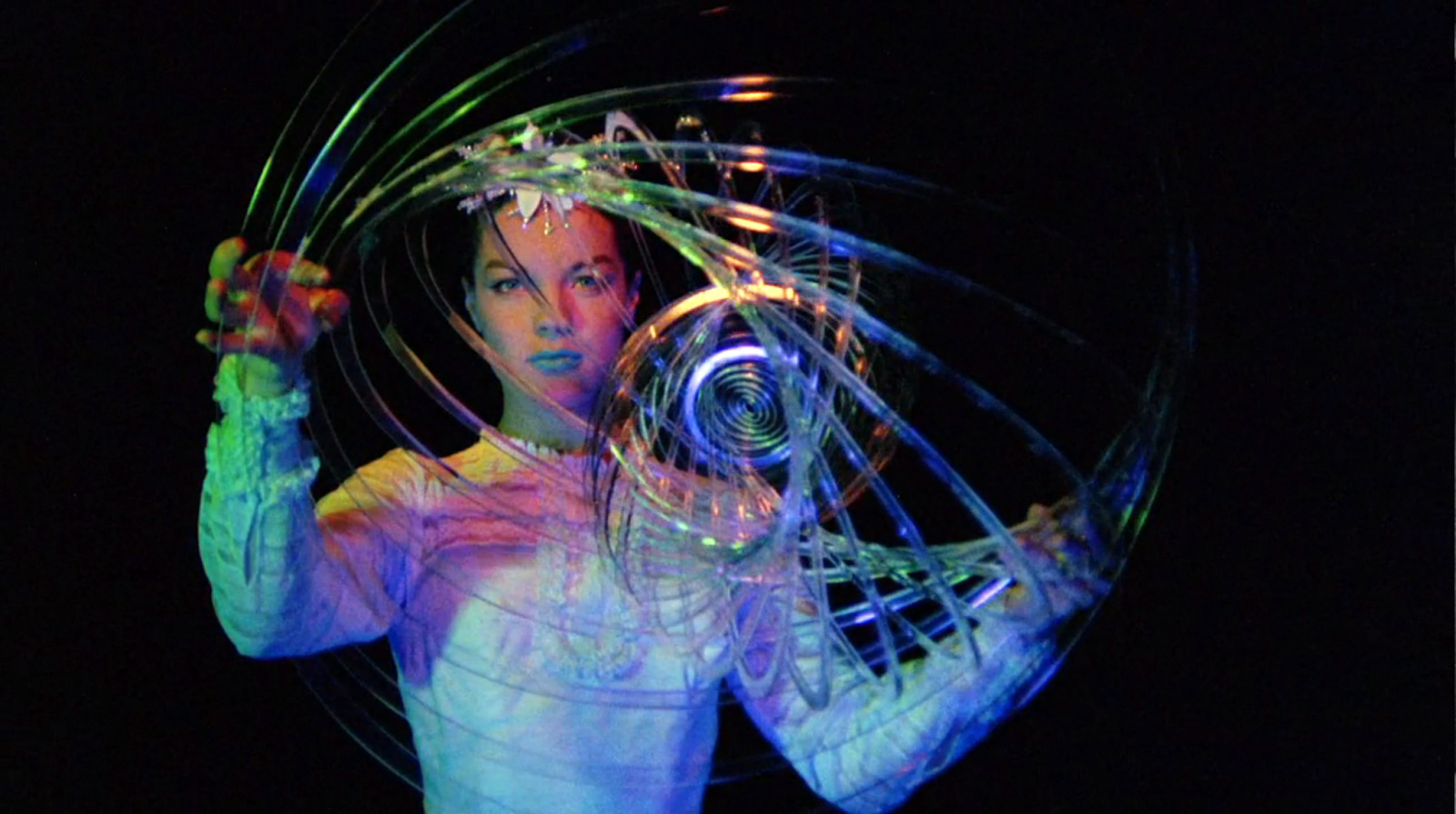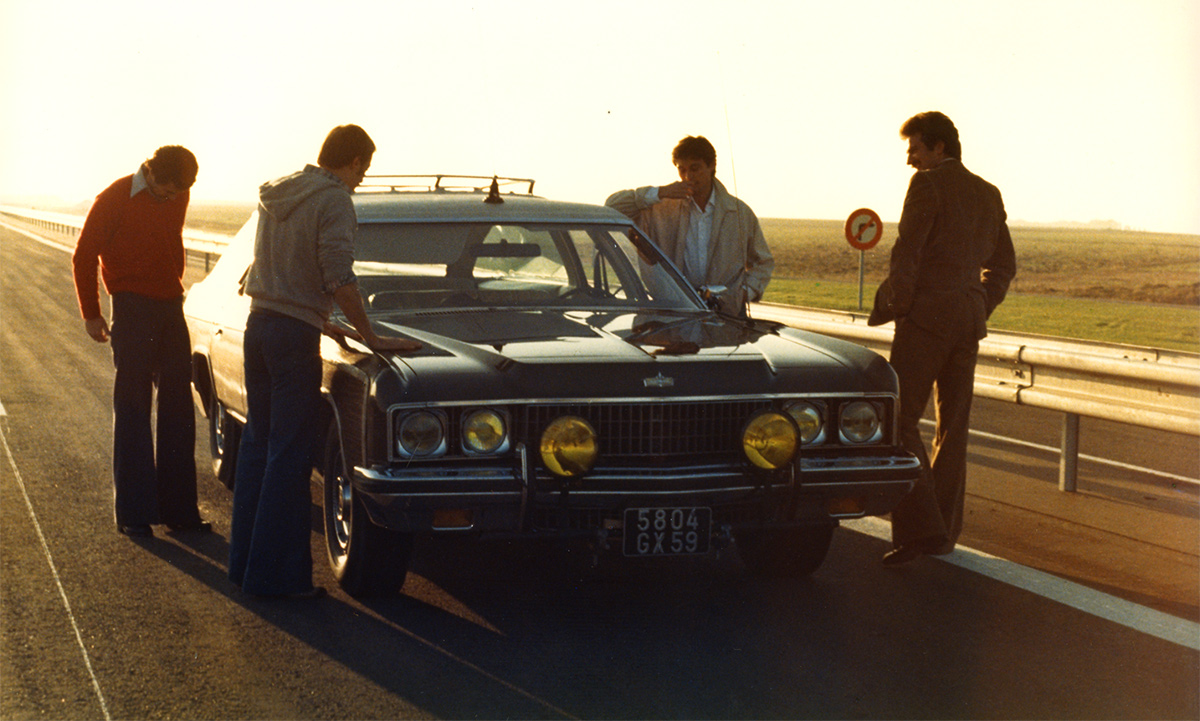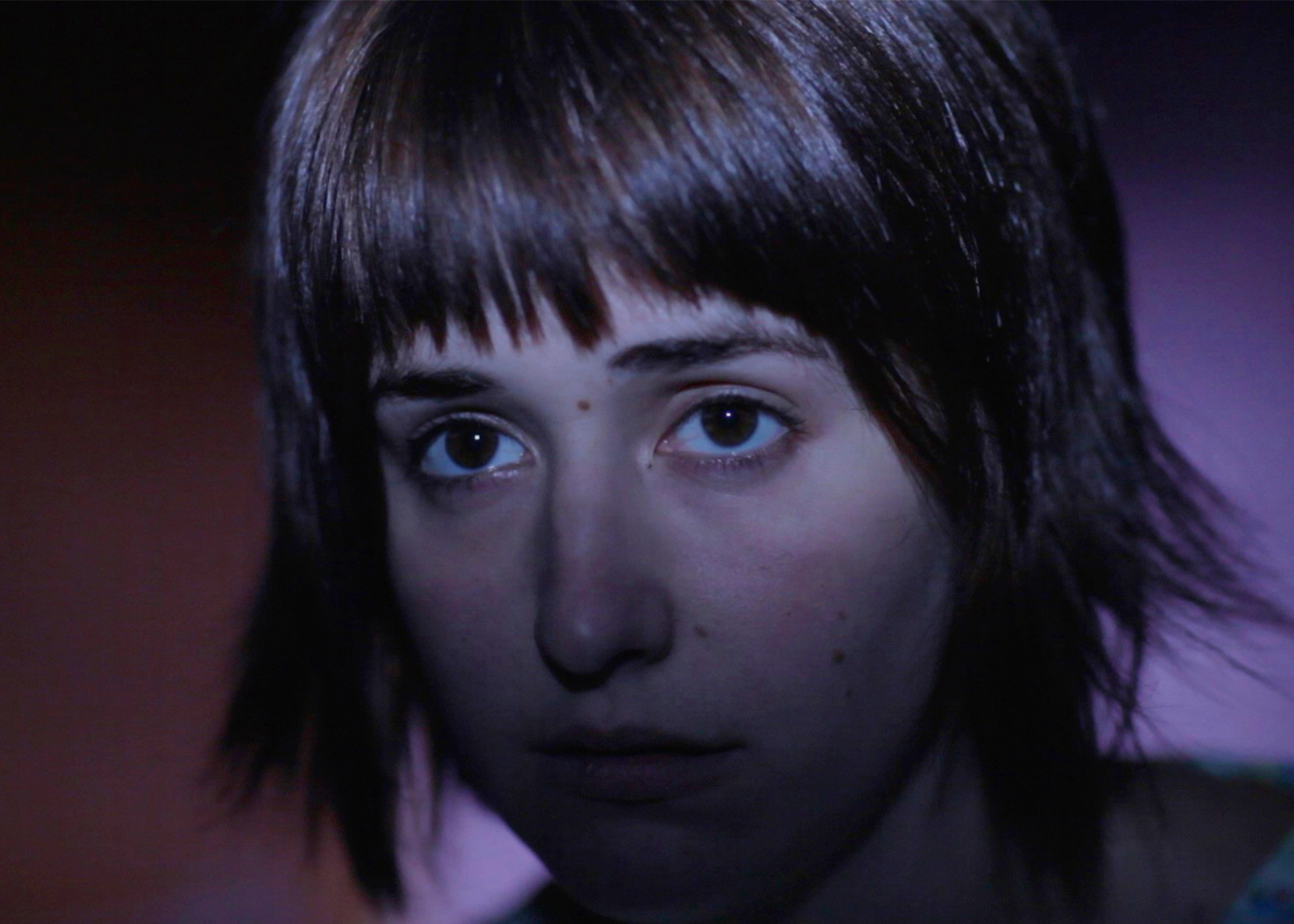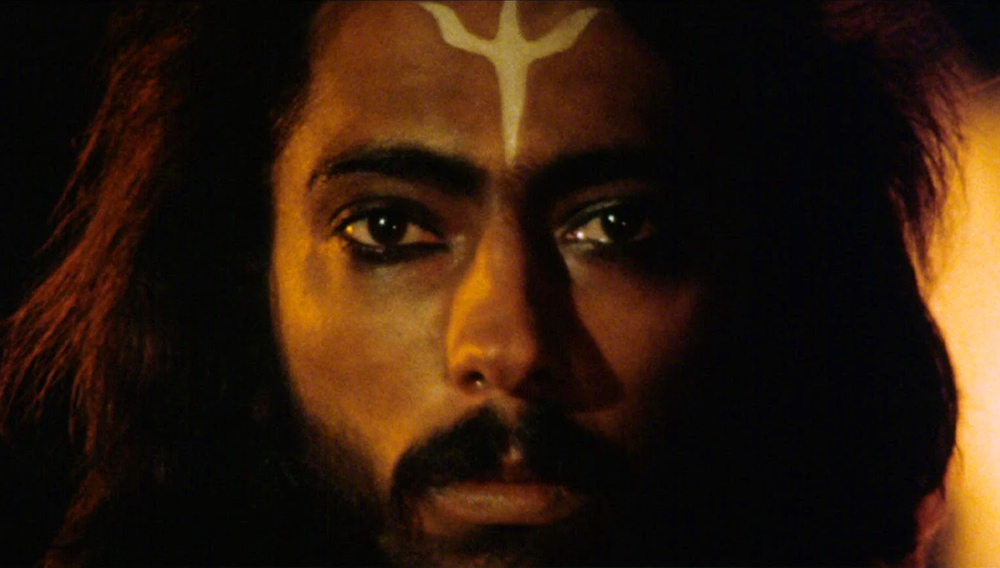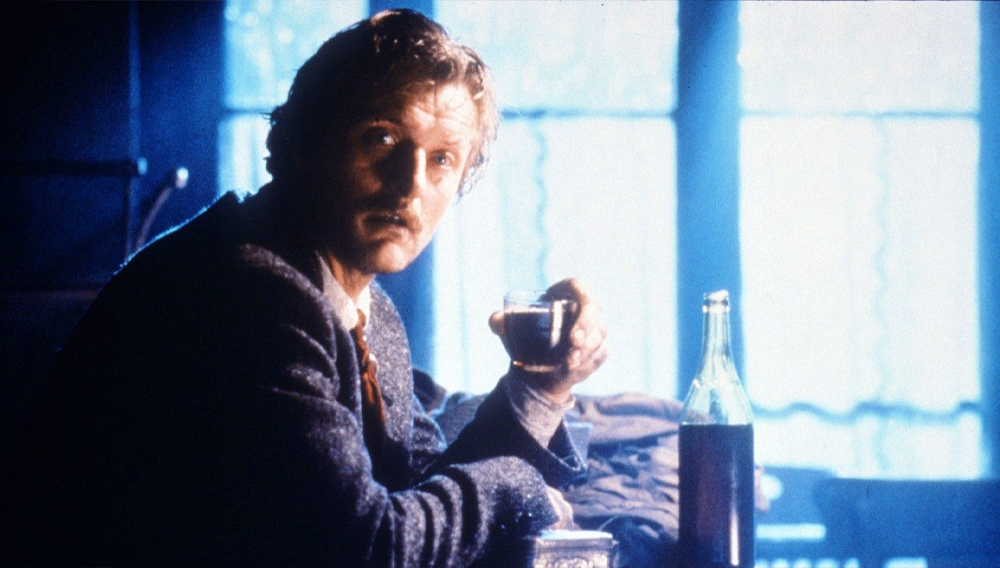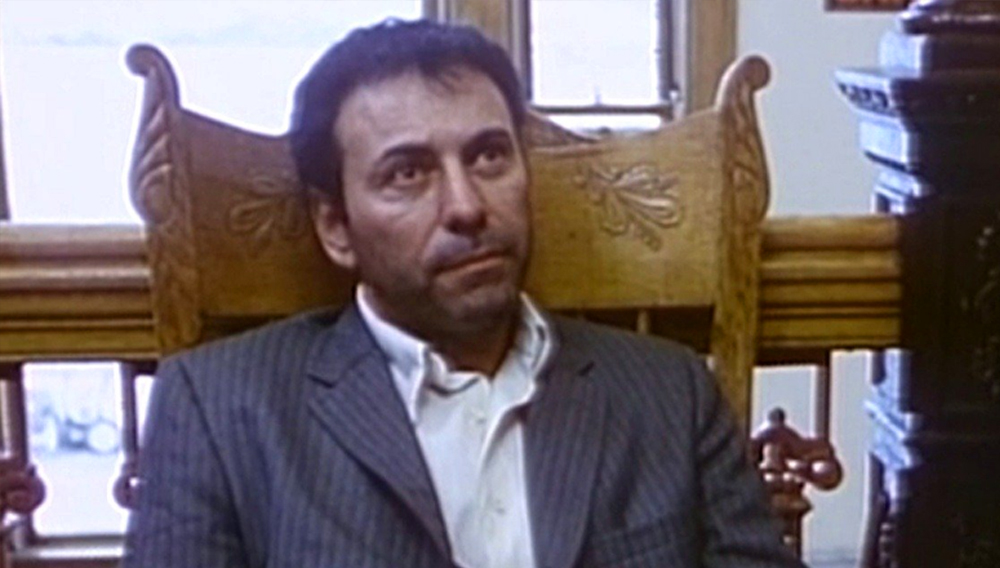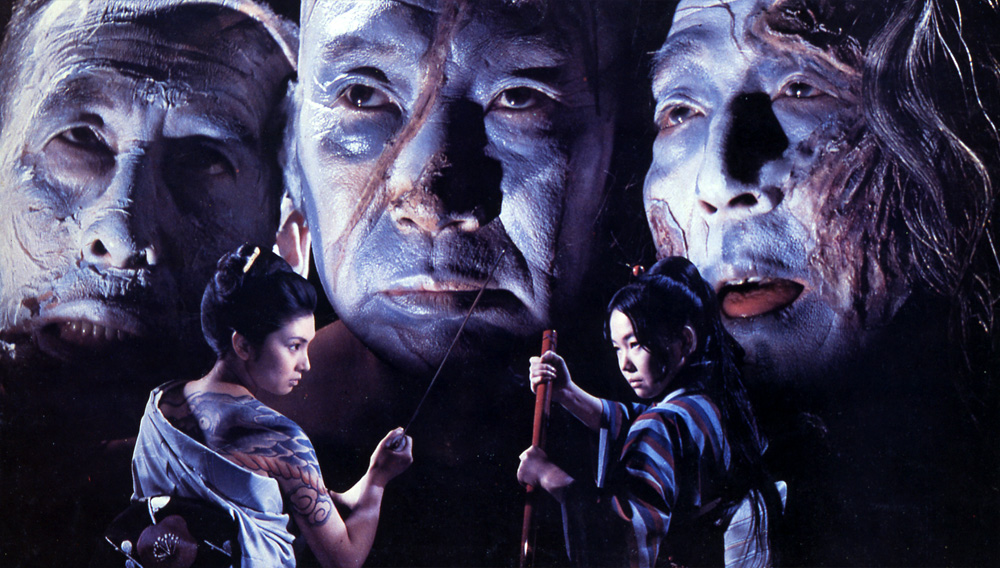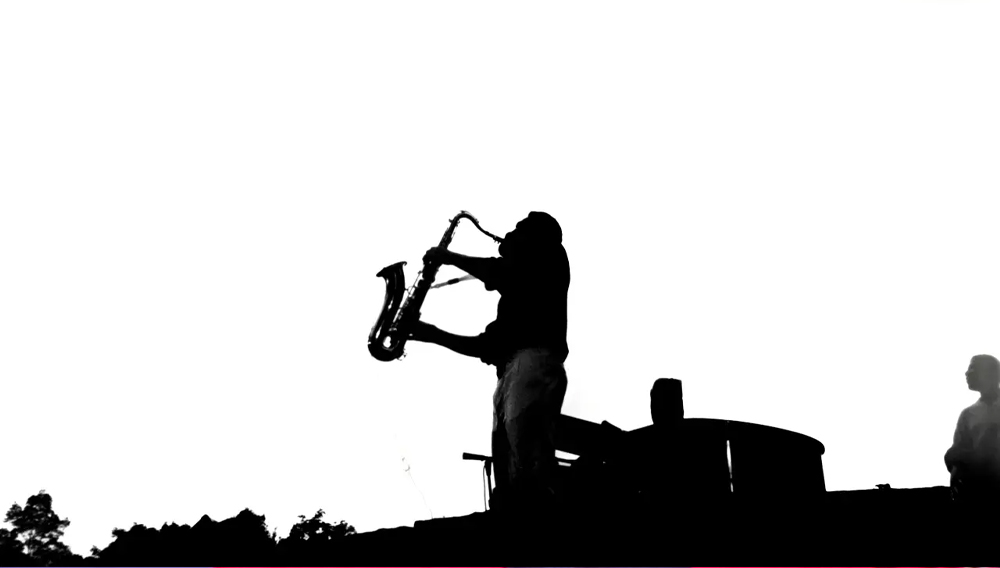Hayao Miyazaki’s The Wind Rises is a quiet nightmare wrapped in a vibrant fable. Aesthetically, it views the passage of time as an elliptical venture; days, weeks and years seem to vanish amidst the film’s watercolor skies. Even though it is a biopic, logic and chronology are simply a starting point for magic and menace. In Miyazaki’s vast animated spaces, primitive airplanes morph mid-air into technological marvels and warm embraces between young lovers send gusts of wind down lush green hillsides. There’s a heavenly quality to this world, even when it produces the most terrifying imagery.
The life of airplane designer and engineer Jiro Horikoshi forms the crux of Miyazaki’s narrative, gracefully jumping from his childhood to a young adulthood that was marked forever by The Great Kanto Earthquake of 1923. Recreated here as a series of catastrophic images that shakes so hard the frame nearly crumbles on itself, the event is an ideological reckoning for a young man on the cusp of discovering his path in life. Immediately afterward, Jiro joins one of Japan’s great aeronautical firms and works hard as a tenacious craftsman hellbent on creating innovative flying machines.
So why a nightmare you may ask? The film’s horrific qualities don’t exist under this stunning surface, not some repressed form of angst waiting to erupt from a collage of beauty. No, they lie in wait next to the character’s lucid ambition, a byproduct of living and creating without considering the consequences of one’s actions. The manipulation of purity happens throughout The Wind Rises; its lead character just chooses to ignore it. He is too lost in his own way of seeing, and that allows his brilliance to be co-opted by ideological and political terrorists. Even though Jiro dreams of possibility, he is often rewarded with heartache.
Miyazaki isn’t interested in addressing the implications of Jiro’s designs on a national level, or simply quantifying the loss of life and physical devastation wrought by WWII. Instead, the film builds carefully toward a magical realist end with striking historical subtext that feels like a gut-punch. The Wind Rises, and thus Miyazaki’s career, ends with a skyline of flaming wreckage and an emotionally ruined man finally realizing the personal (and ideological) cost of his own artistic expression. Genius can be compromised in the end.
Somos Mari Pepa, a vivacious Mexican indie from director Samuel Kishi, also contemplates the fragmentation of artistic expression over time and the clash of generations. In the film’s blunt opening scenes, a quartet of long-haired teenagers film each other skateboarding (and wiping out), then perform a wonderfully foul punk rock song in the town square. These young men are volatile, but still harbor an innocence that either makes them vulnerable to outside influences or brings them closer to their passion.
Over time, the adolescents drift apart for numerous different reasons. One gets embroiled in his older cousin’s cartel lifestyle, while another gets a doting girlfriend. The film’s central character, a soft-spoken guitarist who is far more serious about creating music than his bandmates, grows more frustrated at their division. But in the end, Kishi gives him the power of realizing that being an artist doesn’t mean transcending the mediocrity of your surroundings, but to create with impunity.
The danger of ignoring bad habits, namely the absurd and self-destructive rhythms of language and immorality, is a running motif in Corneliu Porumboiu’s excellent When Evening Falls on Bucharest or Metabolism. Like the Romanian filmmaker’s previous entry, Police, Adjective, dialogue plays a pivotal role in the ebbs and flows of mostly static sequences that finds a filmmaker and his actress mistress discussing various topics while fleeing the set.
It’s a playful, dense, and deeply critical entry in the New Romanian Cinema, one that gets at the heart of an artist’s quagmire when they’ve finally hit the wall of repetition. That Porumboiu takes the seriousness of his movement’s aesthetic and turns in into a maze of flirtatious deception makes When Evening Fall on Bucharest or Metabolism a deeply meta confession of cinematic imperfection. Aside from Jafar Panahi’s masterpiece Closed Curtain, there might not have been a braver film at AFI FEST this year.

